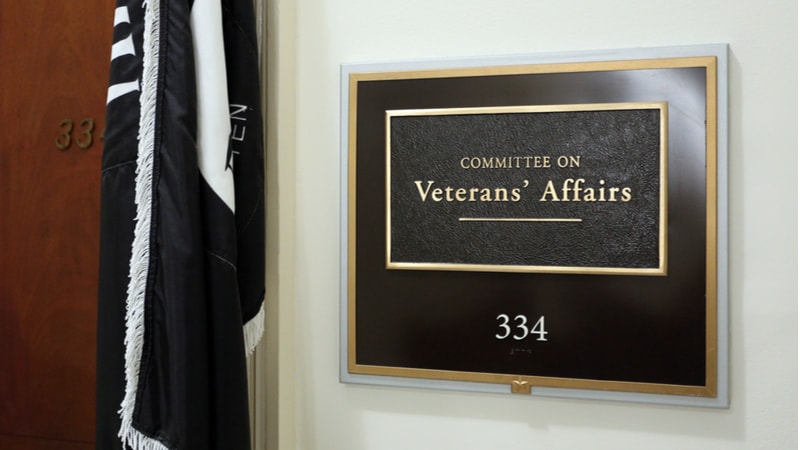
The Department of Veterans Affairs (VA) IT Reform Act of 2019 passed the Senate Committee on Veterans’ Affairs Feb. 13, paving the way for its move to the Senate floor.
Sponsor of the legislation Sen. Jon Tester, D-Mont., reupped his call for improved oversight and accountability at VA after the electronic health record (EHR) modernization go-live delay. “Moving forward, VA must establish stable leadership to provide sufficient accountability and robust oversight of this process, while being good stewards of taxpayer dollars,” he said in a press release.
The legislation proposes a major overhaul of VA IT management. If enacted into law, the VA secretary would be required to review the CIO evaluation process and include active risks in the IT Dashboard CIO ratings.

Each year, the secretary would also submit annual reports on VA’s IT projects over $25 million for a review of budget discrepancies. The report would include a description of the project, estimated lifecycle cost, key milestones, and a statement of whether the plan has been reviewed by the comptroller general.
The VA IT Reform Act also emphasizes agency compliance with the Data Center Optimization Initiative (DCOI). On the December 2019 iteration of the FITARA scorecard, VA received a ‘B’ rating for its DCOI efforts, but the legislation would require annual reports on compliance and a full identification of the agency’s data inventory.
VA CIO would also be responsible for agencywide cloud migration. Through an analysis of “the suitability of the [IT] investments for migration to a cloud computing service” by the CIO, the secretary will report to Congress on savings and cost avoidances of the cloud transition.
Lastly, the legislation requires VA to adopt a continuous monitoring strategy to improves its information security programs and update its risk management plan.
If enacted into law, the Congressional Budget Office estimates that the bill would cost $2 million over the course of five years.
